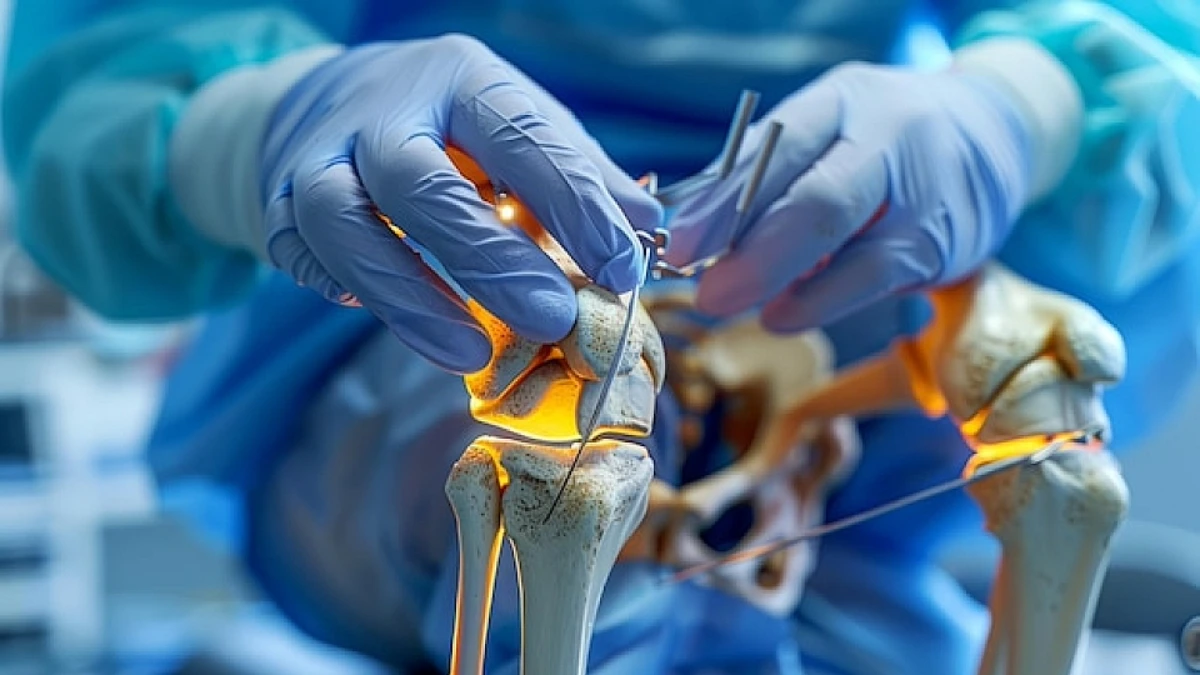Pancreatic cancer treatment in Turkey has increasingly become a hope for patients around the world, as they seek advanced medical care combined with the benefits of recuperating in an attractive tourism destination. Consequently, our detailed examination will provide a thorough understanding of pancreatic cancer treatment options, the advancements available, and why Turkey is rapidly becoming a preferred choice for this challenging disease.
Understanding Pancreatic Cancer
Pancreatic cancer is caused when cells in the pancreas undergo genetic mutations, leading to uncontrolled cell division and tumour formation. Located between the spine and the stomach, the pancreas plays a critical role in digestion and blood sugar regulation. Pancreatic tumours typically begin in the ducts of the organ, leading to what is often referred to as pancreatic ductal adenocarcinoma or pancreatic exocrine cancer. Neuroendocrine tumours, or cancerous growths in the hormone-producing cells of the pancreas, can also occur sometimes.
Pancreatic Cancer Symptoms
One of the biggest challenges in the treatment of pancreatic cancer is the lack of early warning signs. Symptoms generally appear once the tumour has started affecting other organs in the digestive system. Some common symptoms include jaundice, weight loss, loss of appetite, intense pain in the upper abdomen that radiates to the back, and unexplained diabetes.
Risk Factors for Pancreatic Cancer
Several risk factors increase the likelihood of developing pancreatic cancer:
- Smoking: Cigarettes, cigars, and other tobacco products significantly elevate the risk.
- Obesity: Higher body fat percentage is linked with increased risk.
- Type 2 Diabetes: Notably, diabetes that appears suddenly might indicate pancreatic cancer.
- Chemical Exposure: Prolonged exposure to certain chemicals, like those in petrochemicals and insecticides.
- Chronic Pancreatitis: Long-term inflammation of the pancreas.
- Genetic Mutations: Hereditary conditions linked to genes such as BRCA1 and BRCA2 contribute to familial incidences.
Diagnosis and Staging of Pancreatic Cancer
Early detection of pancreatic cancer is particularly challenging due to its anatomical position and the non-specific nature of symptoms. The diagnostic process involves a combination of blood tests, imaging studies such as MRI and CT scans, and endoscopic procedures like EUS and ERCP. Accurate staging using the TNM system helps in planning the most effective treatment strategy.
Stages of Pancreatic Cancer
- Stage 0 (Carcinoma in Situ): Abnormal cells are found in the lining of the pancreas.
- Stage I: Divided into IA (tumour ≤2 cm) and IB (tumour>2 cm but ≤4 cm).
- Stage II: Divided into IIA (tumour>4 cm) and IIB (tumour spread to nearby lymph nodes).
- Stage III: Tumor spreads to major blood vessels or four or more nearby lymph nodes.
- Stage IV: Metastasized to other parts of the body such as the liver or lungs.
Treatment Options for Pancreatic Cancer
The treatment of pancreatic cancer in Turkey employs advanced medical interventions tailored to the stage and nature of the cancer as well as the individual patient’s health status.
Surgery
Surgical intervention is often considered if the cancer is diagnosed early. Types of surgery include:
- Whipple Procedure: Removal of the pancreatic head, gallbladder, part of the stomach, small intestine, and bile duct.
- Total Pancreatectomy: Removal of the entire pancreas, part of the stomach and small intestine, gallbladder, spleen, and nearby lymph nodes.
- Distal Pancreatectomy: Removal of the body and tail of the pancreas, sometimes including the spleen.
Chemotherapy
Chemotherapy is used either as a standalone treatment or in combination with surgery and radiation. Common chemotherapeutic agents include gemcitabine, fluorouracil (5-FU), and combinations with other drugs to enhance efficacy.
Radiation Therapy
External beam radiation therapy is often employed to target cancer cells precisely, sometimes combined with chemotherapy (chemoradiation) to improve effectiveness.
Targeted Therapy
Targeted therapy involves drugs like Erlotinib that specifically attack cancer cells with minimal damage to normal cells.
Supportive Therapy
In addition to curative treatments, supportive therapy plays a crucial role in improving quality of life. This may involve managing nutritional needs, pain relief, anti-nausea medications, and psychosocial support.
Palliative Care
Advanced pancreatic cancer often requires palliative care to alleviate symptoms and improve the quality of life. This includes:
Biliary Bypass: To relieve jaundice by creating a new pathway for bile flow.
Gastric Bypass: To alleviate blockages in the stomach or duodenum.
Endoscopic Stent Placement: To drain bile or fluid buildup.
Supportive and Palliative Care
Supportive care focuses on symptom management and improving the patient’s comfort and quality of life. Palliative care is essential in advanced cancer stages and includes:
- Pain Management: Administering pain relief medications and procedures.
- Nutritional Support: Enzyme replacement therapy and dietary modifications to aid digestion and maintain body weight.
- Psychosocial Support: Counseling and support groups for mental and emotional well-being.
Pancreatic Cancer Supportive Treatment in Turkey
In Turkey, supportive care focuses on holistic health and wellness, combining medical treatments with compassionate care practices. This involves a team of specialists, including dietitians, pain management experts, and mental health professionals dedicated to supporting patients through their treatment journey.
Survival Rates and Prognosis
Pancreatic cancer survival rates depend largely on the stage at diagnosis and how the cancer responds to treatment. Early-stage pancreatic cancer that can be surgically removed has a higher survival rate compared to advanced-stage cancer. Turkey’s hospitals provide access to comprehensive treatment plans tailored to individual patient needs, potentially improving survival outcomes.
Conclusion
Turkey is emerging as a leader in pancreatic cancer treatment, offering a blend of advanced medical care, state-of-the-art facilities, and a serene recovery environment that only a beautiful destination can provide. With a commitment to excellence and a patient-centric approach, we at Avicenna International Hospital invite you to explore the advanced treatment options available. Our team of experts is dedicated to providing compassionate, comprehensive care tailored to your needs. Therefore, if you or a loved one is facing pancreatic cancer, contact us today to learn more about how we can help you on your journey to recovery.
Yes, Turkish hospitals are renowned for their advanced medical facilities, expert oncologists, and the availability of cutting-edge cancer treatments.
The most successful treatment typically involves a combination of surgery, chemotherapy, and radiation therapy, tailored to the individual patient’s condition and stage of cancer.
The latest treatments include targeted therapy, precision medicine based on genetic profiling, and advanced surgical techniques such as robotic surgery.







